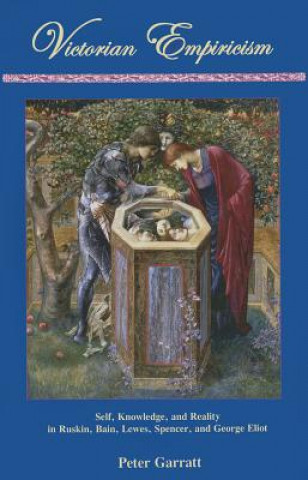
Kód: 05091787
Victorian Empiricism
Autor Peter Garratt
Empiricism, one of Raymond William's keywords, circulates in much contemporary thought and criticism solely as a term of censure, a synonym for spurious objectivity or positivism. Yet rarely, if ever, has it had this philosophical ... celý popis
- Jazyk:
 Angličtina
Angličtina - Vazba: Pevná
- Počet stran: 244
Nakladatelství: Fairleigh Dickinson University Press, 2010
- Více informací o knize

3396 Kč

Skladem u dodavatele v malém množství
Odesíláme za 10-14 dnů
Potřebujete více kusů?Máte-li zájem o více kusů, prověřte, prosím, nejprve dostupnost titulu na naši zákaznické podpoře.
Přidat mezi přání
Mohlo by se vám také líbit
-

PTSD/Borderlines in Therapy
1201 Kč -

Teacher's Survival Guide
2053 Kč -

Thoughts on the Suzuki Piano School
305 Kč -
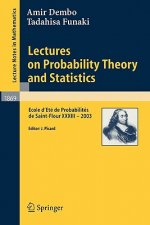
Lectures on Probability Theory and Statistics
1665 Kč -
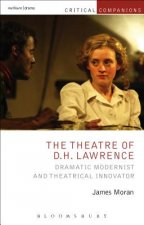
Theatre of D.H. Lawrence
4828 Kč -

Das kleine Gespenst, 1 DVD
258 Kč
Darujte tuto knihu ještě dnes
- Objednejte knihu a zvolte Zaslat jako dárek.
- Obratem obdržíte darovací poukaz na knihu, který můžete ihned předat obdarovanému.
- Knihu zašleme na adresu obdarovaného, o nic se nestaráte.
Více informací o knize Victorian Empiricism
Nákupem získáte 340 bodů
 Anotace knihy
Anotace knihy
Empiricism, one of Raymond William's keywords, circulates in much contemporary thought and criticism solely as a term of censure, a synonym for spurious objectivity or positivism. Yet rarely, if ever, has it had this philosophical implication. Dr Johnson, it should be recalled, kicked the stone precisely to expose empiricism's baroque falsifications of common sense. In an effort to restore historical depth to the term, this book examines epistemology in the narrative prose of five writers, John Ruskin, Alexander Bain, G. H. Lewes, Herbert Spencer, and George Eliot, developing the view that the flourishing of nineteenth-century scientific culture occurred at a time when empiricism itself was critically dismantling any such naive representationalism. Dr. Garratt argues that by the 1860s empiricism was both a dominant cultural language and a reflexive epistemic theory, producing a model of contingent self hood conceived simultaneously as the route towards knowledge and its obstacle. For this reason, Victorian empiricism predicated its search for knowledge on a profound instability, one embodied within the textual language through which it sought its articulation. By examining familiar works, such as Ruskin's Modern Painters and George Eliot's fiction, alongside the voluminous psychological and philosophical prose of Bain, Lewes, and Spencer, he illustrates, using detailed examples, how the imperatives of empiricist thought shaped the aesthetic of realism, as well as nineteenth-century views towards perception, human embodiment, and relativism. In all cases, their works give shape to empiricism's skeptical impulse. In Ruskin, for example, the narrative journey into knowledge is one of haphazard progress and fraught autobiographical engagement; in Bain's psychology it forms a story of precarious accumulation; in Lewes and Spencer, sprawling form expresses the proliferating potential of knowledge itself.
 Parametry knihy
Parametry knihy
Zařazení knihy Knihy v angličtině Literature & literary studies Literature: history & criticism Literary studies: general
3396 Kč
- Plný název: Victorian Empiricism
- Autor: Peter Garratt
- Jazyk:
 Angličtina
Angličtina - Vazba: Pevná
- Počet stran: 244
- EAN: 9781611474909
- ISBN: 1611474906
- ID: 05091787
- Nakladatelství: Fairleigh Dickinson University Press
- Hmotnost: 499 g
- Rozměry: 152 × 236 × 20 mm
- Datum vydání: 01. August 2010
Oblíbené z jiného soudku
-
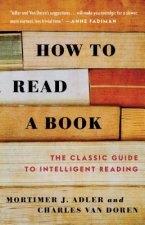
How to Read a Book
302 Kč -
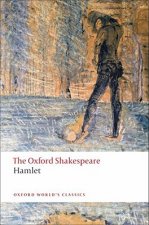
Hamlet: The Oxford Shakespeare
268 Kč -
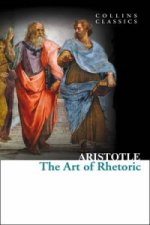
Art of Rhetoric
80 Kč -
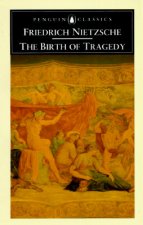
Birth of Tragedy
249 Kč -
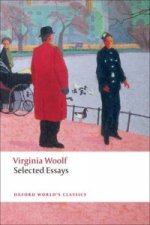
Selected Essays
276 Kč -
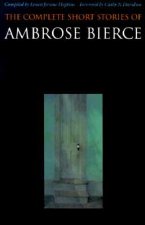
Complete Short Stories of Ambrose Bierce
518 Kč -

Serpent Power
521 Kč -

Annotated Alice
323 Kč -

Moby-Dick
464 Kč -

Nordic Noir
410 Kč -
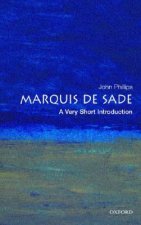
Marquis de Sade: A Very Short Introduction
273 Kč -

Children's Fantasy Literature
665 Kč -

Mysteries of Udolpho
302 Kč -
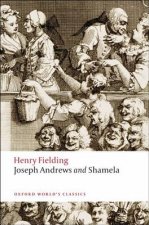
Joseph Andrews and Shamela
225 Kč -
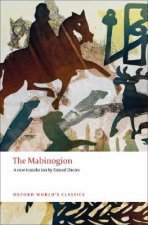
Mabinogion
276 Kč -

The Picture of Dorian Gray
169 Kč -
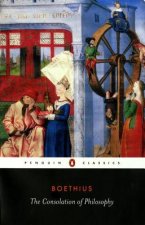
Consolation of Philosophy
276 Kč -
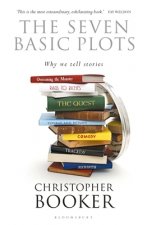
Seven Basic Plots
574 Kč -

Gulliver's Travels
169 Kč -
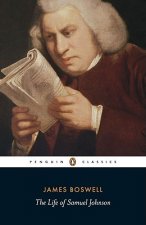
Life of Samuel Johnson
631 Kč -

Powers of Horror
1109 Kč -

Road to Hel
1373 Kč -

Sejong Korean Student Book 2A - English Edition, m. 1 Audio
733 Kč -

Anna Karenina
223 Kč -

Wide Sargasso Sea
236 Kč -
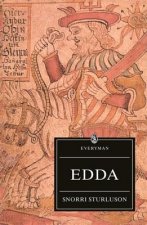
Edda
293 Kč -

Finn and Hengest
249 Kč -
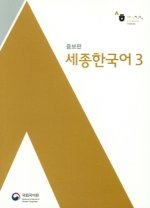
Sejong Korean 3, m. 1 Audio
681 Kč -
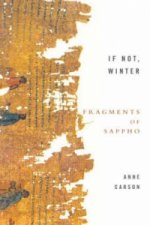
If Not, Winter: Fragments Of Sappho
424 Kč -
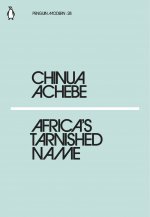
Africa's Tarnished Name
101 Kč -
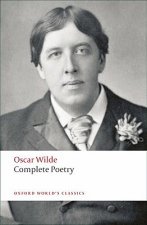
Complete Poetry
196 Kč -

Captain is Out to Lunch
380 Kč -

Devils
266 Kč -

Two Treatises of Government
264 Kč -
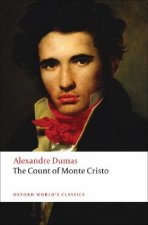
Count of Monte Cristo
276 Kč -

Moveable Feast
268 Kč -

Moveable Feast
302 Kč -
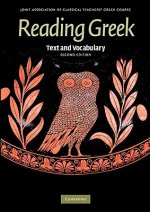
Reading Greek
964 Kč -

Dream Story
276 Kč -
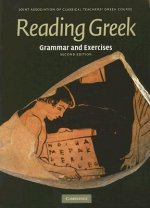
Reading Greek
1067 Kč -

Analysis of Donna Haraway's A Cyborg Manifesto
243 Kč -
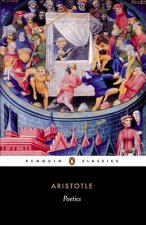
Poetics
276 Kč -
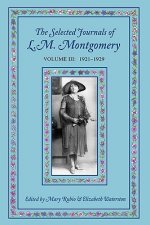
Selected Journals of Lm Montgomery Volume III 1921-1929
515 Kč -

Leaves of Grass
462 Kč -
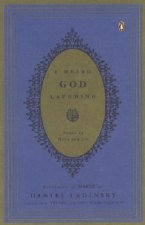
I Heard God Laughing
421 Kč -

Tragedy of King Richard III: The Oxford Shakespeare
223 Kč -

Sejong Korean Student Book 1B - Korean Version, m. 1 Audio
733 Kč -

Wild Ass's Skin
321 Kč -

Cambridge Greek Lexicon 2 Volume Hardback Set
2378 Kč
Osobní odběr Praha, Brno a 12903 dalších
Copyright ©2008-24 nejlevnejsi-knihy.cz Všechna práva vyhrazenaSoukromíCookies


 Vrácení do měsíce
Vrácení do měsíce 571 999 099 (8-15.30h)
571 999 099 (8-15.30h)